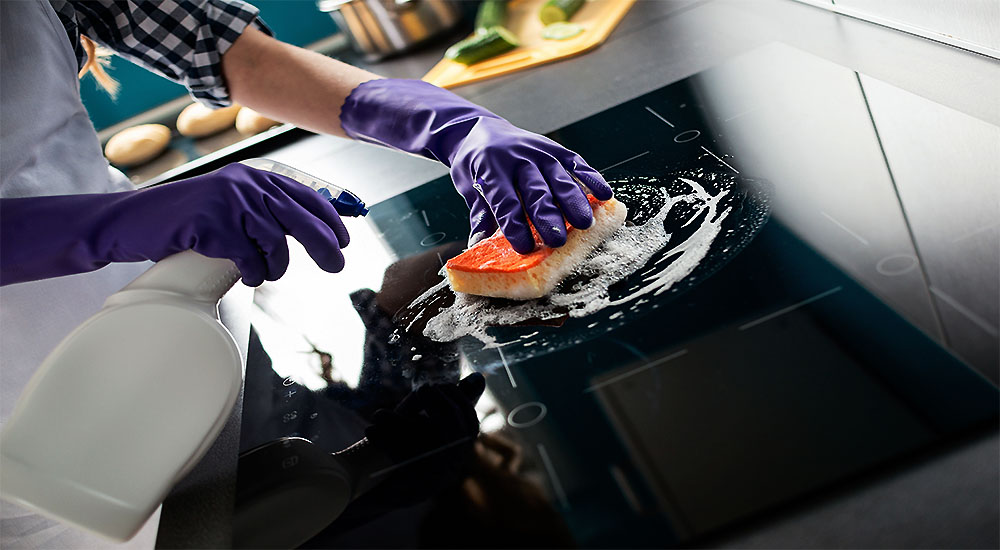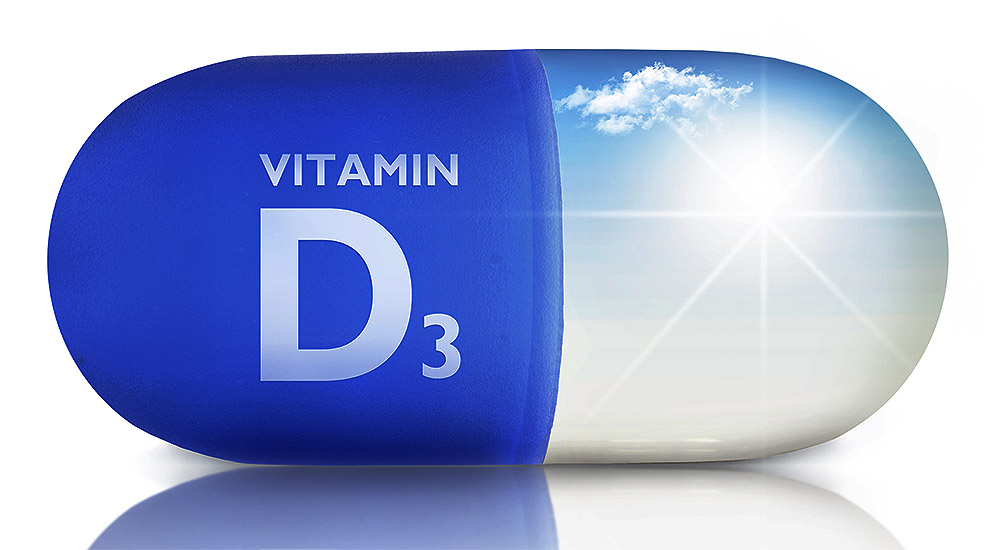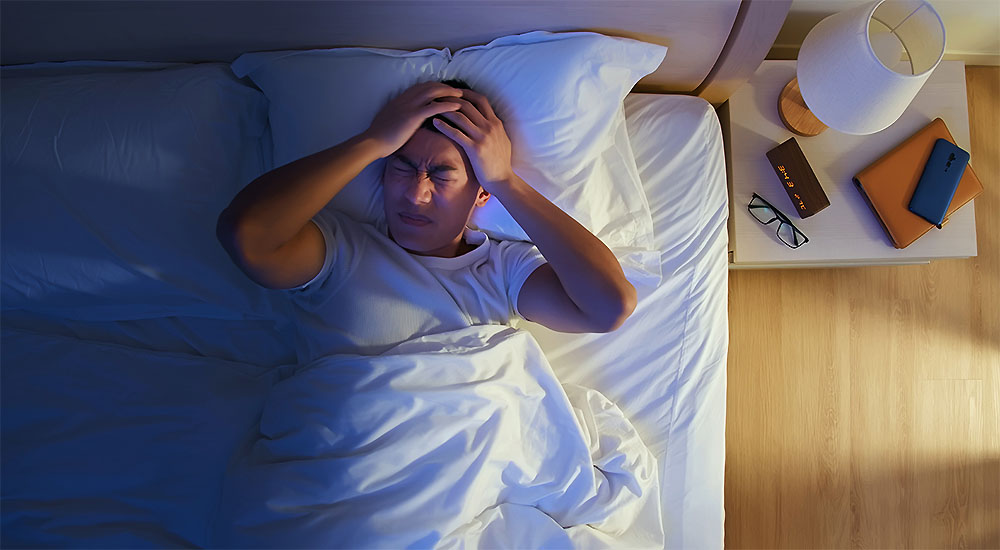Digestive Problems – Antibacterials & a Leaky Gut

Clean is Good, right?
Let me begin by saying that the information you’re about to read may shock you. It certainly was surprising to me and this is what I do for a living as a Clinical Nutritionist – improve people’s health and remove toxins from their diets.
We all grew up with the warning to “wash your hands”, “keep your body clean” or some variation on the theme. The message was easy: Clean was good, dirty was bad. With that as our foundation, no particular red flag was raised when more and more antibacterial products hit the market.
A wide array of products including toothpaste, deodorant, soap, clothing, furniture, cosmetics, toys, and the like are available with a total of more than 700 antibacterial products currently on the market.
Is a “Super Clean” Home a Healthy Home?
Parents have grown more concerned about dirt as it regards their children’s health and safety. The concern is no doubt fostered by the many commercials showing enlarged bacteria on the TV screen that are shown to be lurking on countertops, bathrooms, and children’s toys.
One begins to wonder how many of us survived prior to these “life saving” antibacterial products. It just makes sense that killing these evil microscopic “beasties” would be a good thing, doesn’t it? On the face of it, it does make sense; the facts however state otherwise.
Let’s take a look at some facts:
1. Antibacterials kill “good bacteria”
Antibacterial cleansers suppress the immune system. The body’s ability to protect itself from offending organisms is in part predicated upon maintaining a balanced microbiome with plenty of health-promoting good bacteria from probiotics.
In order for our GI tract to protect us from pathogenic organisms and remain healthy and strong itself, it must ideally contain about 85 percent good bacteria. Unfortunately, when you use an antibacterial cleanser, you’re killing good and bad bacteria. This puts you at risk for a leaky gut. When you kill the good bacteria you have weakened your immune system and put your GI tract at risk – the exact opposite of what we need to do.
Perhaps it’s better to wash more frequently with hot water and regular soap than to weaken our immune system.
A common chemical used in antibacterial products is triclosan. Scientists worry that bacteria that become resistant to triclosan will also become resistant to antibiotics. Triclosan, by killing normal bacteria, creates an environment where mutated bacteria that are resistant to triclosan are more likely to survive and reproduce. Laboratory studies have found a number of different strains of mutated bacteria that are resistant to triclosan as well as certain antibiotics.
2. Resistant bacteria are being created that antibiotics can’t kill
The reality is that all these germ-killing products may end up leaving us even more vulnerable to infection, says a Tufts University microbiologist. Similar to the concerns of overusing antibiotics too much, the worry is that overuse and misuse of these antibacterial products will kill off good bacteria and weak bacteria, leaving only the strongest and most resistant bacteria behind.
Antibiotic resistance has become an increasingly serious problem worldwide and the link to antibacterials may prove to be very significant.
3. The “Hygiene Hypothesis” and the development of allergies, eczema, and asthma
“The image that germs should be destroyed, and kids should be raised in a sterile home is a mistake. If we over-clean and sterilize, children’s immune systems will not mature,” says Dr. Stuart Levy, the director of the center for adaptation genetics and drug resistance at the Tufts University School of Medicine in Boston.
He says recent studies have shown an increase in asthma and allergies in homes that are overly clean. The “hygiene hypothesis,” theorizes that there is a correlation between too much hygiene and increased allergies and asthma. This hypothesis is based on studies that have found an increase in the frequency of allergies, asthma, and eczema in persons who have been raised in more sterile and hygienic environments.
In one study, children who grew up on farms had fewer allergies than did their counterparts who did not live on farms. Levy says the only place for antibacterials is in caring for the very ill whose immune systems are compromised. He recommends that hospitals only use them around very weakened patients.
People should clean with chlorine bleach, hydrogen peroxide, or alcohol, he says. While these products can also be considered antibacterials, Levy says once you have cleaned with them, they are gone.
Newer antibacterials, however, leave behind a residue that continues to kill bacteria for some time after you use them, which doesn’t give good bacteria a chance to reestablish themselves.
4. Antibacterials not effective in the normal household – Efficacy Questioned
According to the American Medical Association, “Despite their recent proliferation in consumer products, the use of antimicrobial agents such as triclosan in consumer products has not been studied extensively. No data exist to support their efficacy when used in such products or any need for them. . . may be prudent to avoid the use of antimicrobial agents in consumer products.”
Further, a study of over 200 healthy households found that those households that used antibacterial products did not have any reduced risk for symptoms of viral infectious diseases.
The Centers for Disease Control and Prevention says that antibacterial soaps are not necessary for everyday use, and washing hands with ordinary soap and warm water is an effective way to ward off infections.
5. Triclosan can cause hormonal imbalance
A Swedish study found high levels of triclosan in three of five human milk samples, indicating that the chemical does get absorbed into the body, often in high quantities. Triclosan is also able to bioaccumulate in fatty tissues.
Concerns over triclosan interfering with the thyroid gland’s hormone metabolism led to a study that discovered triclosan had a marked hypothermic effect [lowered the body temperature] and overall caused a “nonspecific depressant effect on the central nervous system” of mice.
Research also shows that antibacterial soap can change the hormonal makeup of human and animal cells in laboratory tests. University of California, Davis scientists found that triclosan “increased gene expression that is normally regulated by testosterone,” and caused glands that rely on testosterone, including the prostate, to grow larger. As a result, the scientists concluded that antibacterial soap is an endocrine-disrupting substance [it causes hormonal imbalance]
On April 8, 2010, the FDA announced a formal inquiry into the safety of triclosan. It announced its review after queries from Rep. Edward J. Markey, chairman of the House Energy and Commerce Committee’s subcommittee on Energy and the Environment. In a letter, the FDA said it shares Markey’s concern about the potential effects of triclosan and triclocarban as “endocrine disruptors” that can adversely affect the function of hormones.
Evidence of these effects emerged since 1994, the last time the FDA last addressed the use of triclosan in consumer products. The FDA is unsure of triclosan’s impact on internal organs, but laboratory animal tests show distortions in thyroid hormones. Infertility was also evident, as levels of testosterone and estrogen in the body were diminished. The agency said its safety review would take about a year. It is also writing a proposed rule that could potentially limit the use of triclosan in consumer products, but couldn’t say how soon the rule would be finished. For now, it added, it doesn’t have evidence that triclosan in antibacterial soap offers a benefit beyond soap and water. And if all of the above “good news” wasn’t bad enough…
6. Triclosan transforms into Dioxin
There have been a number of concerns about triclosan and its link to dioxin. Dioxin can be highly carcinogenic and can cause health problems such as weakening of the immune system, decreased fertility, altered sex hormones, miscarriage, birth defects, and cancer. Triclosan is listed as “could be” and “suspected to be” contaminated with dioxins in the EPA’s Dioxin Reassessment. In addition to being formed during the manufacturing process, dioxin may also be formed upon incineration of triclosan. Researchers who added triclosan to river water and shined ultraviolet light on the water found that between one and twelve percent of the triclosan was converted to dioxin in the water, leading to fears that sunlight could transform triclosan to dioxin naturally. An even more serious health threat may stem from the treatment of triclosan-tainted water at water treatment plants — sunlight could convert chlorinated triclosan into highly toxic forms of dioxin.
Summary
Well, that is quite a lot of data to take in, I know. I researched many sources to find current data that covered the many facets of health and safety that are potentially affected by these substances. I hope I have presented a compelling argument against their use. I truly don’t think we need to wait until the FDA bans them. How much damage could occur in the interim? If your child’s school uses these products, show them this article. If you have many such products in your household consider getting rid of them.
This isn’t a hygiene issue, clean is still good. It’s how we achieve clean that is a matter we must reconsider. Good old fashioned soap (with no antibacterials present), vinegar, hot water, alcohol, and hydrogen peroxide do the job just fine with no nasty side effects. If your concerned about the toxins that have already entered your system, there are ways to utilize clinical nutrition and naturopathy to help the body rid itself of these naturally.
Considering that so many disease states can be linked to the side effects of these toxins, enhancing your body’s ability to remove than is clearly a smart idea. Please, please share this data with friends and family, and, as always, let me know if I can be of any help to you. Also, you can watch a short video I taped on this same topic. Digestive Problems -Antibacterials & Leaky Gut.
Do you need help with your health?
We have the diagnostic and testing tools, the clinical experience, and a different medical approach to discovering the root cause of why you have the symptoms that are bothering you. As long as you are ready to make some dietary and lifestyle changes, we can help you. We will "hold your hand" through the changes, step by step, to make each step an easy one. We are located in Clearwater, FL, at 1000 S Ft Harrison, at the corner of Ft. Harrison Ave. and Magnolia St. There is plenty of parking space directly accessible from Ft Harrison. If it is not convenient for you to come to Root Cause Medical Clinic, we offer telehealth/telemedicine consultations to residents of certain states. Call us for details.
Contact us for a Consultation – Call 727-335-0400

Dr. Vikki Petersen DC. CCN
Founder of Root Cause Medical Clinic
Certified Functional Medicine Practitioner
Dr Vikki Petersen is a public speaker, author of two books, several eBooks and creates cutting edge content for her YouTube community. Dr Vikki is committed to bringing Root Cause Medicine and its unique approach to restoring health naturally to the world.
Ask a Doctor
Have a health concern you'd like to speak with a doctor about? Or just want clarity on a subject? Ask Us!


